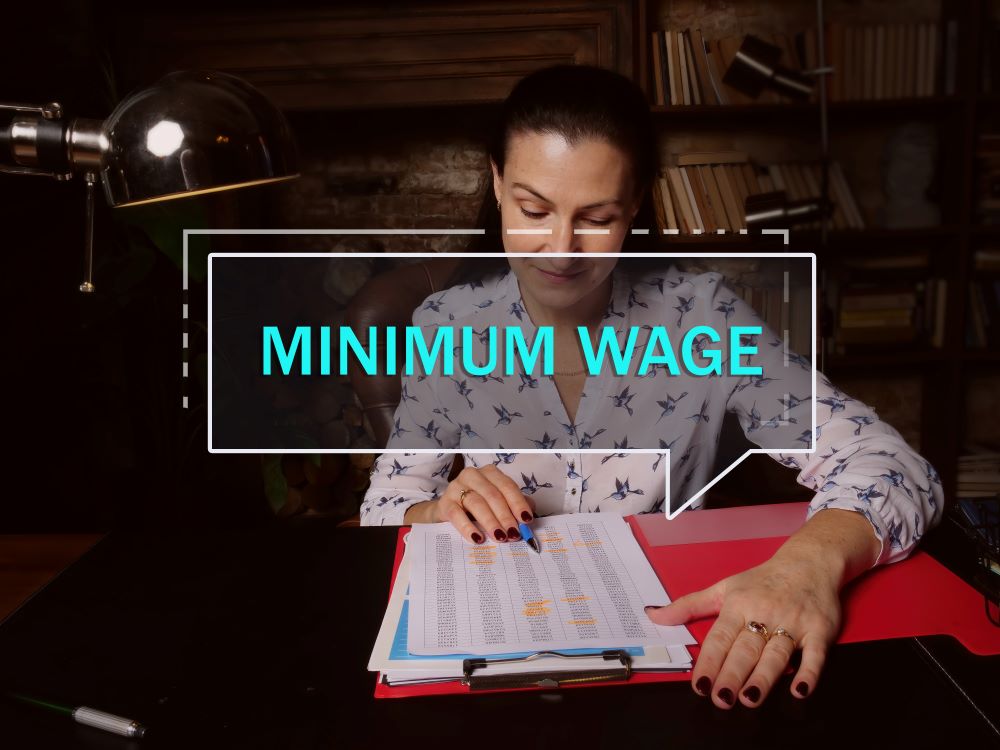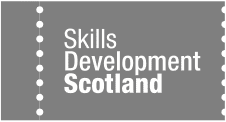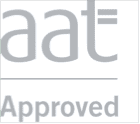The Minimum Wage is an important piece of legislation. It protects employers from exploiting the competition for jobs to drive down the wages of their workers to a level below that which they can comfortably live on. And in the current cost-of-living crisis, it has never been more important.
It is also vital for employees to know what the appropriate wage is for their age and experience, so they can set reasonable expectations and ensure they are paid what they are legally entitled to.
So, whether you’re just starting out in the workforce or looking to make a change in your career, it is best to know about your Ireland minimum wage rights.
The minimum wage in Ireland recently changed in 2023 and will continue to change over the years. With the help of this blog, you will become aware of the minimum wage you deserve in 2023, so you can negotiate. To increase your negotiation skills and power, back yourself up by upskilling in 2023 with Pitman Training courses to make more money in the coming years!

Minimum Wage in Ireland
The minimum wage is the minimum amount of money (per hour) your employer is legally required to pay for your work. It is set out in the National Minimum Wage Act 2000. The government determines the rate, which varies depending on the employee’s age. Whether you receive the minimum wage also depends on whether you are on a recognised apprenticeship.
Who is Entitled to Minimum Wage?
The National Minimum Wage applies to individuals who are aged 20 or older in Ireland. It does not apply to those employed by a close relative or in a statutory apprenticeship. Those under aged 20 will receive a percentage of the minimum wage, referred to as a ‘sub-minimum’ pay rate.
Why Should You Know the Minimum Wage
Whatever stage you are on your career path, it’s important you know the minimum wage for your age. There are various reasons why you should know the minimum wage in Ireland:
Job Search
When looking for a new job, knowing the minimum wage will help you set realistic expectations. You can avoid applying for jobs that do not pay enough to meet your needs.

Negotiation
When negotiating your pay, knowing the benchmark for what is considered a fair amount will be helpful, both in setting realistic expectations and ensuring you are not being short-changed.
Budget
When you are working at a job with minimum wage, your financial situation can be challenging. Knowing the minimum wage before getting a job will help you to make plans and create a budget for what you can (and can’t) afford.
What is the Minimum Wage in Ireland?
The National Minimum Wage is focused on working individuals above the age of 20. The Ireland Minimum Wage as of the 1st of January 2023 is set at €11.30 per hour. It is an increase of 7.6% from €10.50 per hour in 2022.
If an employer provides room and board for their employee, the amounts that can be included in the minimum wage calculation are:
- Board/food- €1.01 per hour worked
- Accommodation/lodging: €26.70 per week (or €3.81 per day)

Meanwhile, the government plans to introduce a National Living Wage, which it hopes to have fully in place by 2026. As part of this plan, the National Minimum Wage will slowly increase over the next four years until it reaches 60% of hourly median earnings (estimated to be around €13.10 per hour in 2026). After this is achieved, the standard National Living Wage will replace the National Minimum Wage (and the government will evaluate further increases).
What is the Minimum Wage in Ireland for 2023?
The Ireland National Minimum Wage for 2023 will be applicable from the 1st of January, 2023. The minimum wage rate varies according to the ages of the workers as follows:
| Age | National Minimum Wage 2023 | % of minimum wage |
|---|---|---|
| 20 and over | €11.30 | 100% |
| 19 | €10.17 | 90% |
| 18 | €9.04 | 80% |
| Under 18 | €7.91 | 70% |
What is the Apprentice Rate for 2023 in Ireland?
Currently, a clause in the current National Minimum Wage Act 2000 exempts apprentices from minimum wage pay. However, some argue that this risks causing an even bigger staff shortage because it deters people from becoming apprentices.
For example, first-year apprentice craft workers in the construction field earn around €6.84. First-year electrician apprentices earn about €8.45 per hour. This is well below the current National Minimum Wage of €11.30.
In the future, the discussion on the table may be whether apprentices will be included in minimum wage pay rates.
Minimum Wage in 2022 vs 2023

The minimum wage was changed to support the living standards of low-wage earners across Ireland as inflation significantly increased worldwide in 2022. The changes follow the recommendations made by the Low Pay Commission (LPC). The minimum wage in 2023 compared to the past year has changed, as highlighted below:
| Age | National Minimum Wage 2022 | National Minimum Wage 2023 | Increased By |
|---|---|---|---|
| 20 and over | €10.50 | €11.30 | 7.6% |
| 19 | €9.45 | €10.17 | 7.6% |
| 18 | €8.40 | €9.04 | 7.6% |
| Under 18 | €7.35 | €7.91 | 7.6% |
How You Can Increase Your Salary
Remember these are the minimum wages. This is the least you can get paid, but why restrict yourself to the least?
One of the privileges of living in the developed world is that we are restricted only by our ambition and the limits we set for ourselves. Training can help you increase your skill set and with it, your earning potential- whether that be in developing your current career path or even exploring a new one.
Pitman Training offers a wide range of courses to help you improve your existing skills or train for a new career. With our programs, you can upskill in less than a year and increase your earning potential. There is a range of funding options, including monthly payments with 0% finance.

Pitman Training Kerry graduate Ann Fenelly recommends Pitman’s helpful staff and great tutors.
So, now you know what minimum wage is, why settle for it? Contact us now to book an appointment with Pitman Training- say goodbye to settling and ‘minimum’; say hello to finally getting paid what you are worth.


















